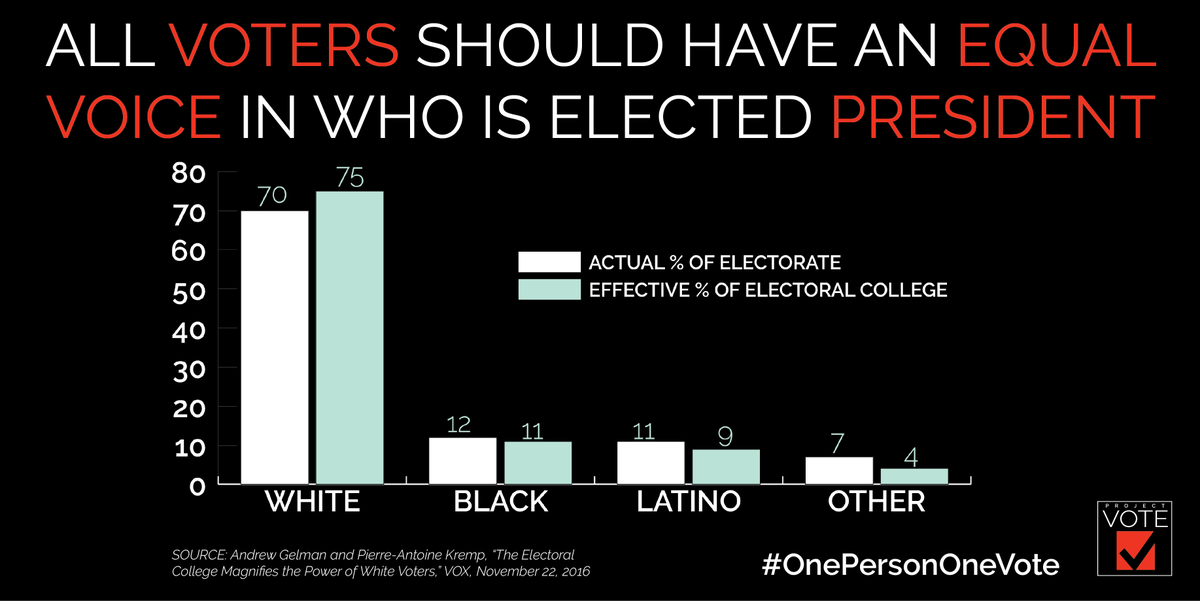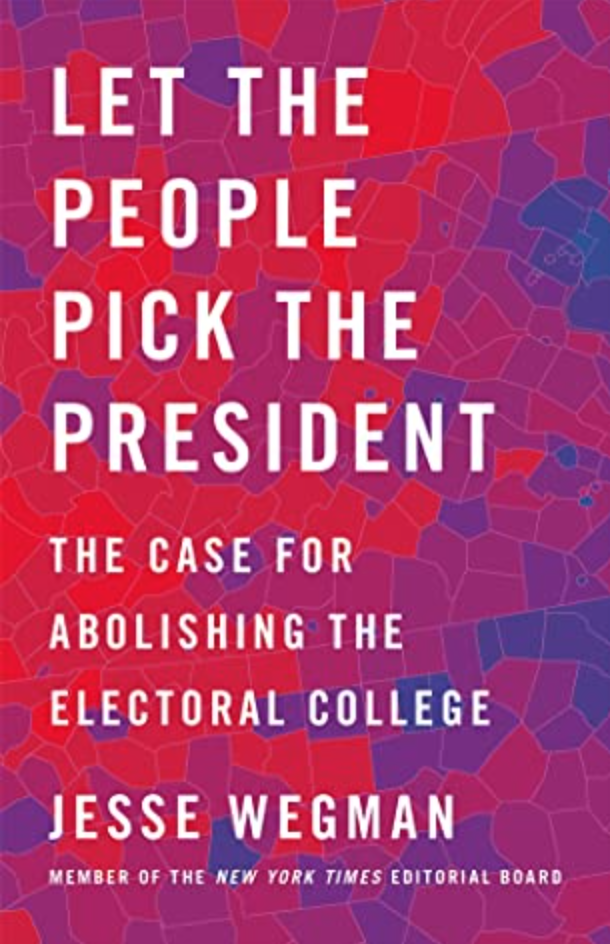UPDATE:
The National Popular Vote bill, LD 1578, has officially become law, and Maine will join the National Popular Vote Interstate Compact. NPV guarantees the presidency to the winner who secures the most votes. It’s nonpartisan and works within the electoral college. NPV goes into effect when states representing 270 electoral college votes sign on to the agreement. After today, the bill has been enacted into law in 17 states and Washington D.C. possessing 209 electoral votes. Only 61 more electoral votes to go!
Introduction
The League of Women Voters believes that the direct-popular-vote method for electing the President and Vice-President is essential to representative government. The League of Women Voters believes, therefore, that the Electoral College should be abolished.
We support the use of the National Popular Vote Interstate Compact (NPV) as one acceptable way to achieve the goal of the direct popular vote for election of the president until the abolition of the Electoral College is accomplished.
NPV is nonpartisan. NPV favors voters, not parties, land, geography, factions, or states. NPV works within the constitution, and does not change or abolish the Electoral College.
The National Popular Vote Interstate Compact guarantees the presidency to the candidate who receives the most popular votes in all 50 states and the District of Columbia. With the National Popular Vote:
- Every vote in every state in every presidential election will be equal. No battleground states, no spectator states.
- The candidate with the most votes across all 50 states and DC will win. No 2nd place winners.
- Candidates will be motivated to seek voter support in all 50 states and DC. No more swing states or spectator states.
- Voter participation will increase because voters will know their vote matters.

How We Elect a President Now
On Election Day (or before!), you and I cast our ballots for the candidate of our choice, but the real vote is when 538 electors meet on a constitutionally determined day in December and cast their ballots. Those are the intermediaries who make up the Electoral College. Who chooses them?
Article II, Section I of the US Constitution gives states the sole authority to determine the manner by which it chooses its Electors.
“Each State shall appoint, in such Manner as the Legislature thereof may direct, a Number of Electors, equal to the whole Number of Senators and Representatives to which the State may be entitled in the Congress .”
Forty-eight state legislatures passed laws to choose its electors by “winner take all." The candidate who wins the most votes gets all of the state’s electoral votes, whether the candidate wins by 100,000 votes or 1 vote.
Maine and Nebraska passed laws to choose their electors by the “district” method; each of those states’ congressional districts choose their elector by the popular vote winner in that district; the rest of the state’s electoral votes go to the statewide popular vote winner—whether the win is by 100,000 votes or 1 vote!
Maine casts 2 of its 4 votes for the winner of the state-wide popular vote. Maine Congressional Districts (CD 1 and CD 2) each cast 1 vote for the winner of the popular vote in their district.
Since the Maine state legislature changed to the district method in 1972:
- Maine cast all 4 votes for a single candidate until 2016.
- Maine split its votes in 2016 and 2020. CD 2 cast its 1 vote for the Republican.
- The Republican candidate won Maine in every election between ’72 and ’92. Votes cast for the Democrat were essentially irrelevant.
- The Democratic candidate won Maine in every election since ’92. Votes cast for the Republican were essentially irrelevant.
Over 2 million votes cast for the Republican candidate between 1988 and 2020 yielded 2 Electoral College votes.
With winner take all, whether state-wide or at the district level, voters who did not vote for the majority winner had their votes effectively given to that candidate. Those voices and votes were muffled.
How it Works
The National Popular Vote Interstate Compact works within the Electoral College, and is constitutional. NPV changes nothing about the Electoral College.
States joining the NPV agree to award their electors to the winner of the national popular vote. State legislatures pass the NPV legislation, and can also pass legislation in the future to leave the agreement (except during a 6 month window before Inauguration Day).
NPV becomes effective when states representing 270 electoral college votes sign on to the agreement. As of May 2023, the bill has been enacted into law in 16 states and Washington D.C. possessing 205 electoral votes. Only 65 more electoral votes to go!
When NPV goes into effect, each state will continue to conduct its elections and report results, just as they do today. States in the NPV interstate compact will cast their cumulative 270 (or more) electoral votes for the national popular vote winner, who will become president.
NPV Resolves 4 Defects of the Winner Take All Method of Electing the President:
- Every vote is not equal under Winner Take All.
- A candidate who wins the minority of the national popular vote can (and 5 times has) win the presidency.
- 4 of 5 American voters are totally ignored. Campaigns ignore states that are reliably red or reliably blue and spend 94%-99% of their time and money in “battleground” states.
Benefits of NPV:
- It ensures that the candidates with the most popular votes is elected.
- Every vote in every state would be equal.
- It would increase voters motivation to participate by giving them an incentive to vote in elections even if they are not in the majority in their state.
- It would ensure that candidates run and contest all 50 states, not just those few swing states: Ohio, Florida, Pennsylvania, and a few others.
- The League supports the National Popular Vote Interstate Compact (NPV). We are working to get this bill enacted into law in Maine. NPV is nonpartisan. It favors voters, not parties, land, geography, factions, or states. NPV works within the constitution, and does not change or abolish the Electoral College.
_____________
Related links:
Learn More
Recommended Reading:
Let the People Pick the President: The Case for Abolishing the Electoral College
By: Jesse Wegman
The framers of the Constitution battled over it. Lawmakers have tried to amend or abolish it more than 700 times. To this day, millions of voters, and even members of Congress, misunderstand how it works. It deepens our national divide and distorts the core democratic principles of political equality and majority rule. How can we tolerate the Electoral College when every vote does not count the same, and the candidate who gets the most votes can lose?
Want to read Let the People Pick the President for your next book club? Check out our book discussion facilitation guide.
_____________





